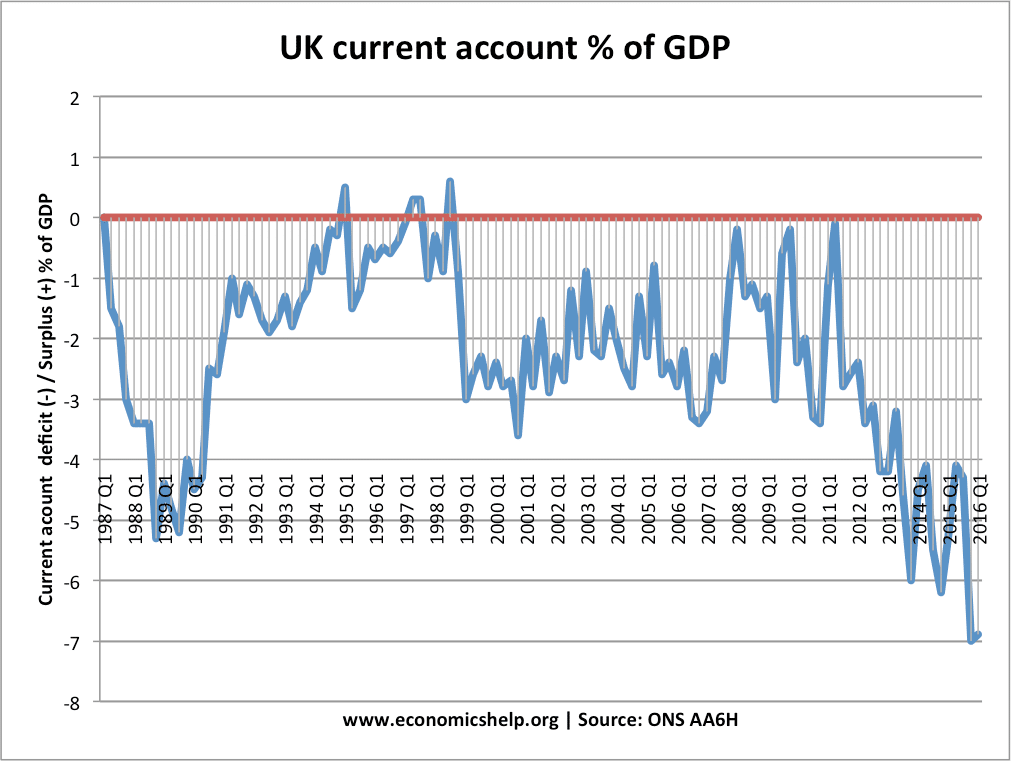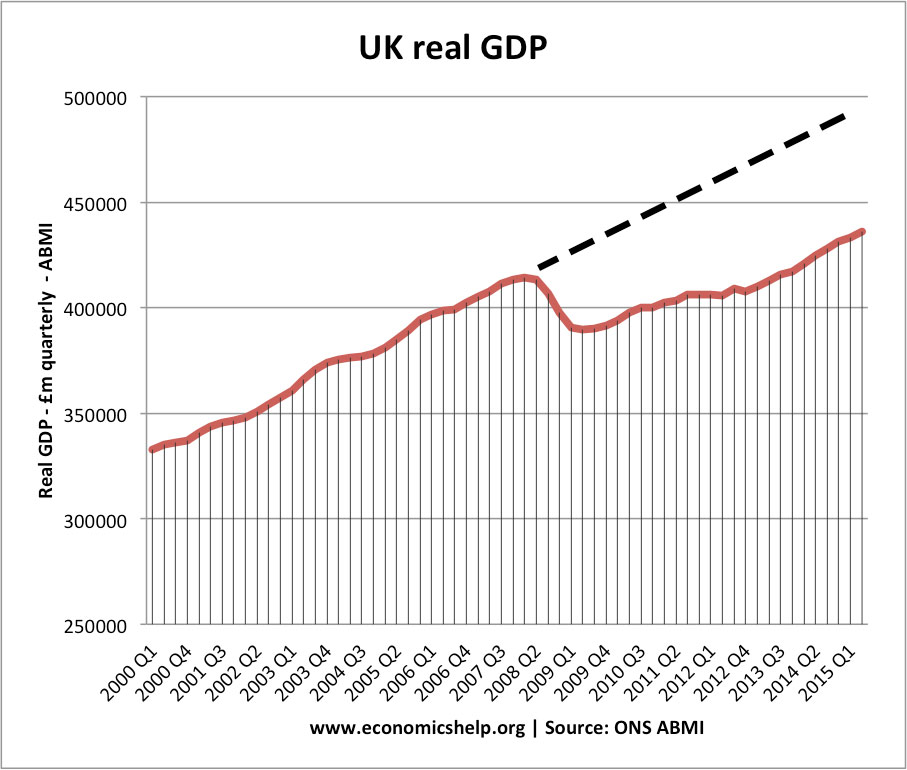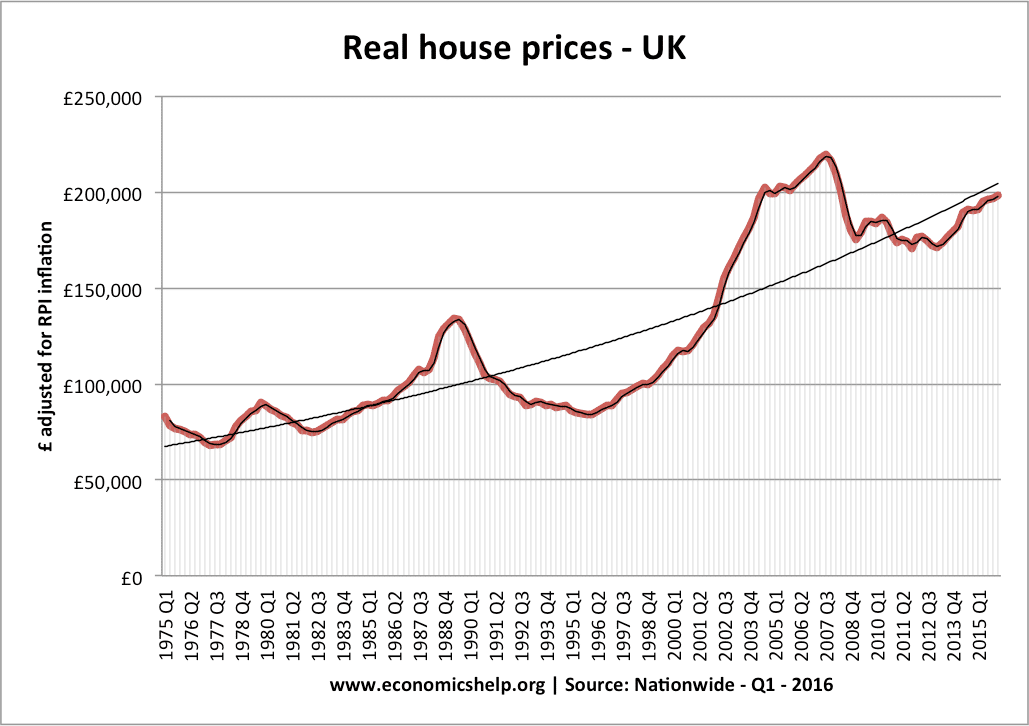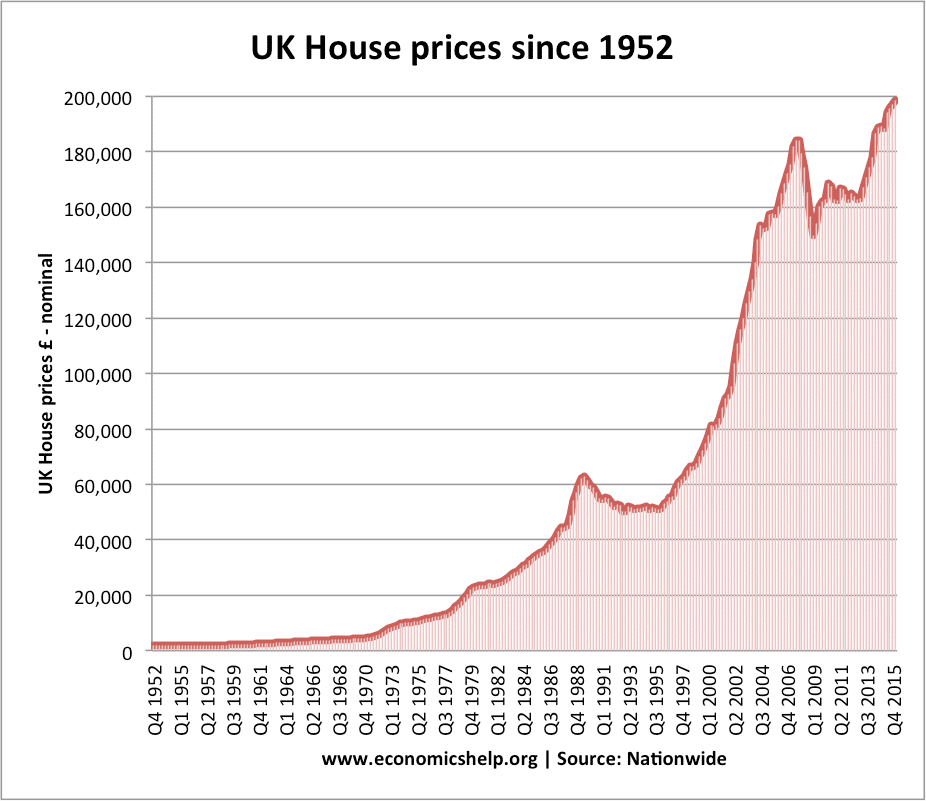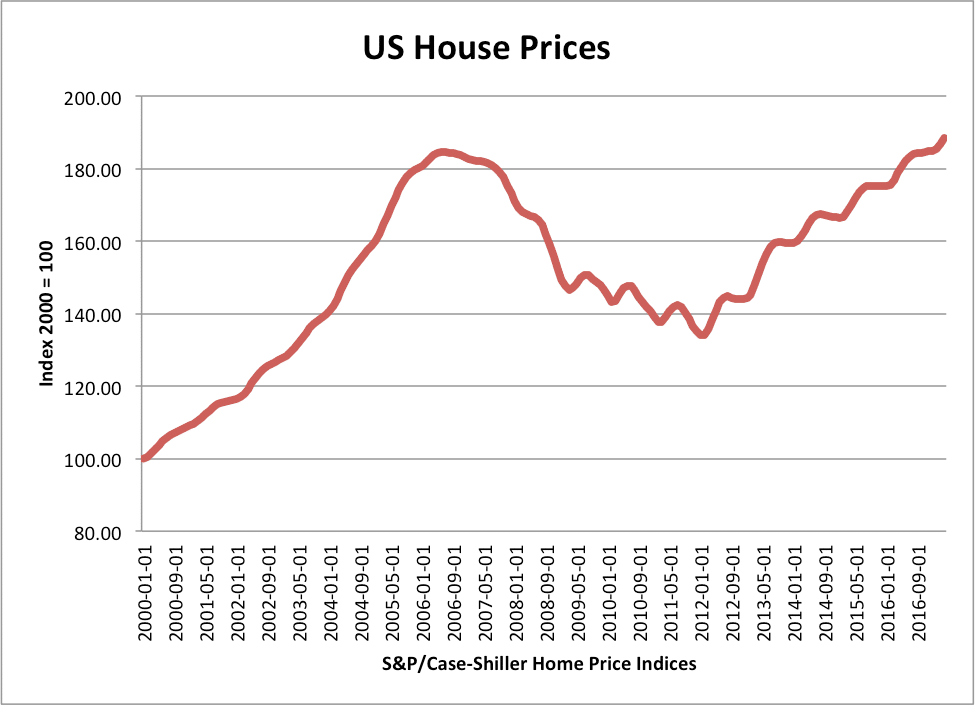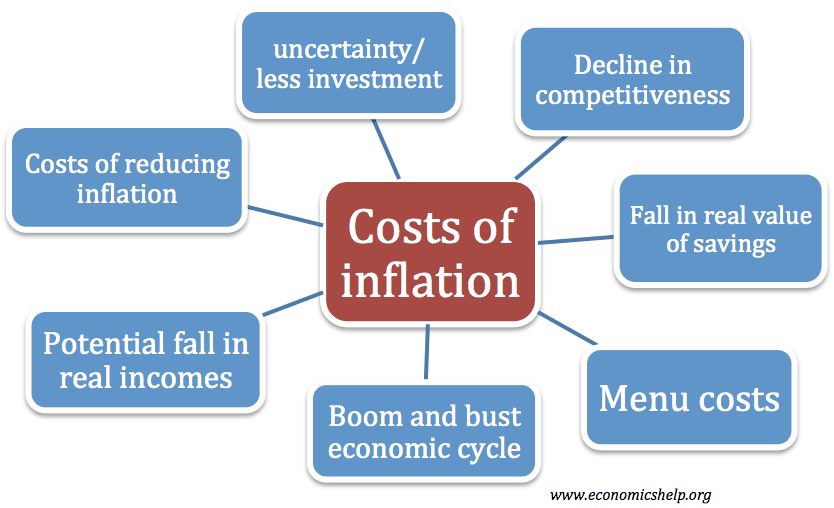Effects of a budget surplus
A budget surplus occurs when government tax receipts are greater than government spending. It means the government can either save money or pay off existing national debt. It is worth noting, that budget surpluses are quite rare in the past 120 years. Politicians have sometimes attempted to enshrine budget surplus into law but what are …

